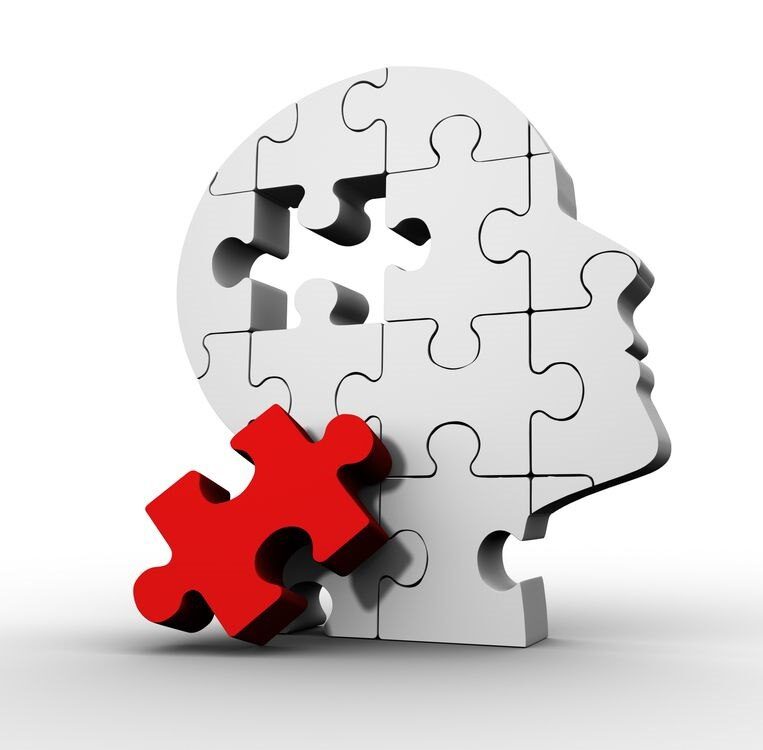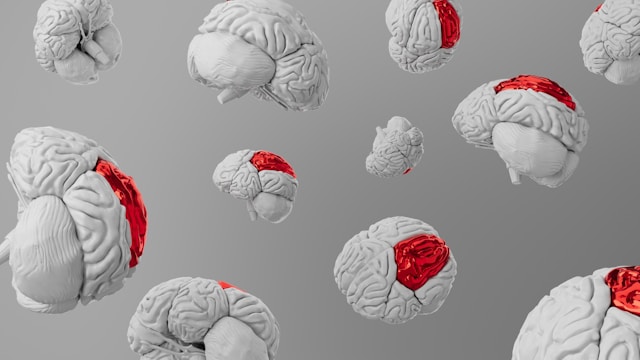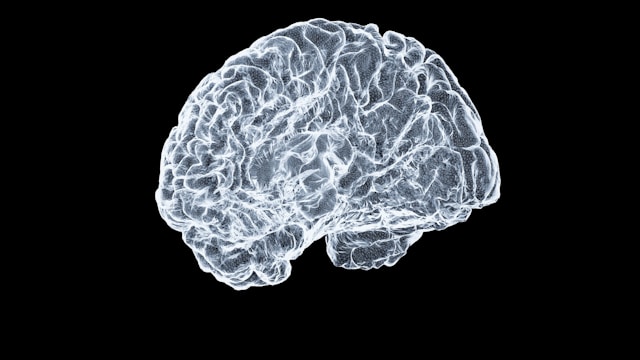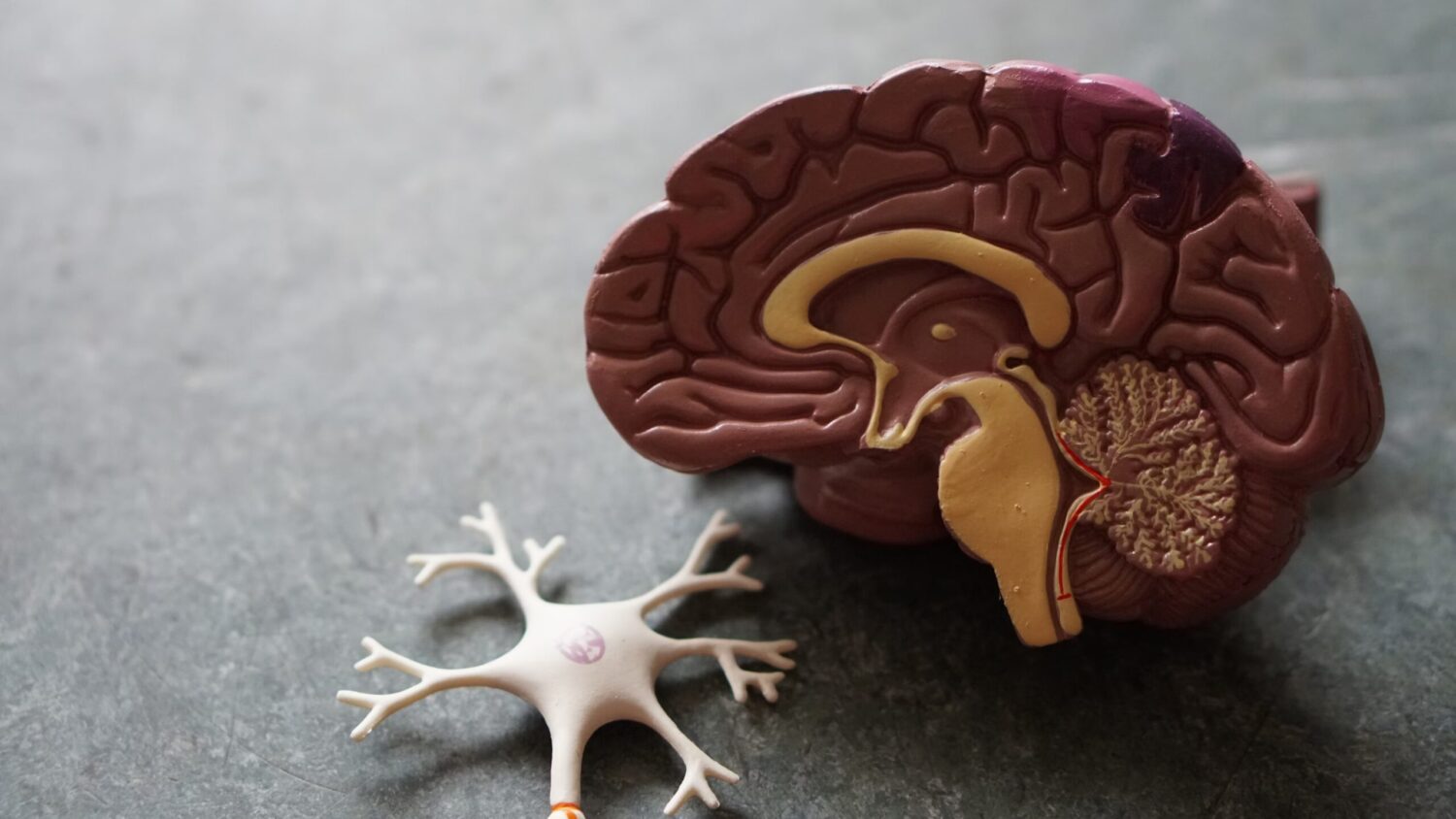Authors:
S.M. Karpov 1 , M.Yu. Morozova 2 , K.A. Muravyov 2 , I.A. Prisilova 1 , F.S. Kantemirova 3
Study of the effectiveness and safety of the sequential use of Mexidol and Mexidol Forte 250 in the treatment of patients with acute ischemic stroke
1 FGOU VO "Stavropol State Medical University" of the Ministry of Health of Russia, Stavropol, Russia;
2 MBUZ "City Clinical Hospital No. 3", Stavropol, Russia;
3 Institute "Medical Academy named after S.I. Georgievsky "FGAOU in" Crimean Federal University named after V.I. Vernadsky ", Simferopol, Russia
Place of publication:
a journal of neurology and psychiatry named after S.S. Korsakova, 2022, T. 122, No. 3, Issue. 2
Summary:
Purpose of the study. To evaluate the effectiveness of the use of Mexidol to restore cognitive functions in patients after an ischemic stroke (AI).
Material and methods. 70 patients with acute AI were examined, who were randomized in two groups by random sample; The 1st group amounted to 40 patients (28 men, 12 women), who, against the background of the main standard therapy for 14 days, received Mexidol in/in a drop of 500 mg/day with a further oral administration of Mexidol Forte 750 mg/day for 60 days . The 2nd group included 30 patients (21 men, 9 women), who were carried out only standard therapy.
Results. The initial indicators in the MOCA and MMSE scales did not differ in two groups. Repeated testing showed that the improvement on these scales was statistically more significant in the 1st group. An analysis of the indicators of the caused P300 potential confirmed a more pronounced positive dynamics in the 1st group (p <0.01).
Conclusion. The use of consistent therapy with Mexidol is accompanied by a more complete restoration of cognitive functions in patients who have suffered AI.
Keywords: stroke, acute cerebrovascular disorders, cognitive disorders, Mexidol, Mexidol Fort 250.
Actual
Actual
THE INFORMATION IS INTENDED FOR HEALTHCARE AND PHARMACEUTICAL PROFESSIONALS. THIS INFORMATION IS NOT INTENDED AS A SUBSTITUTE FOR MEDICAL ADVICE.
Source of photos and images Shutterstock.com









